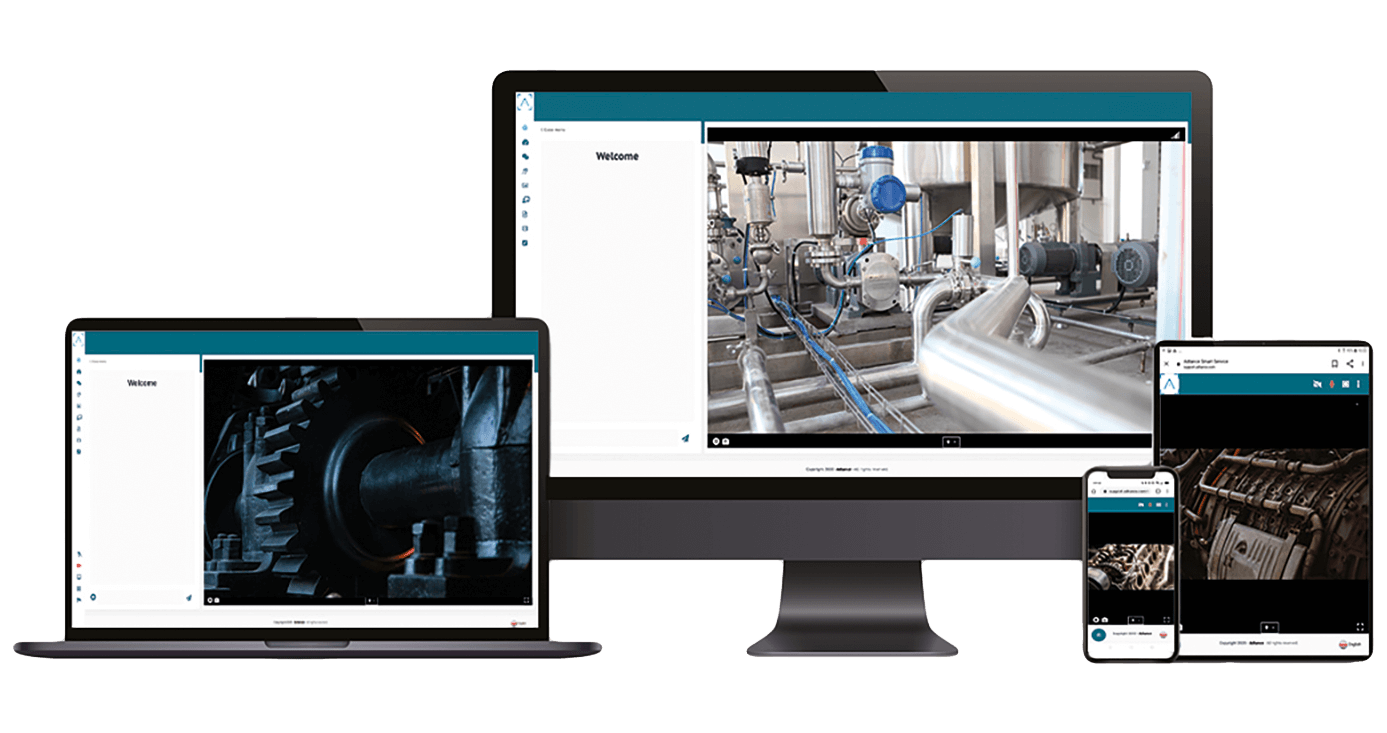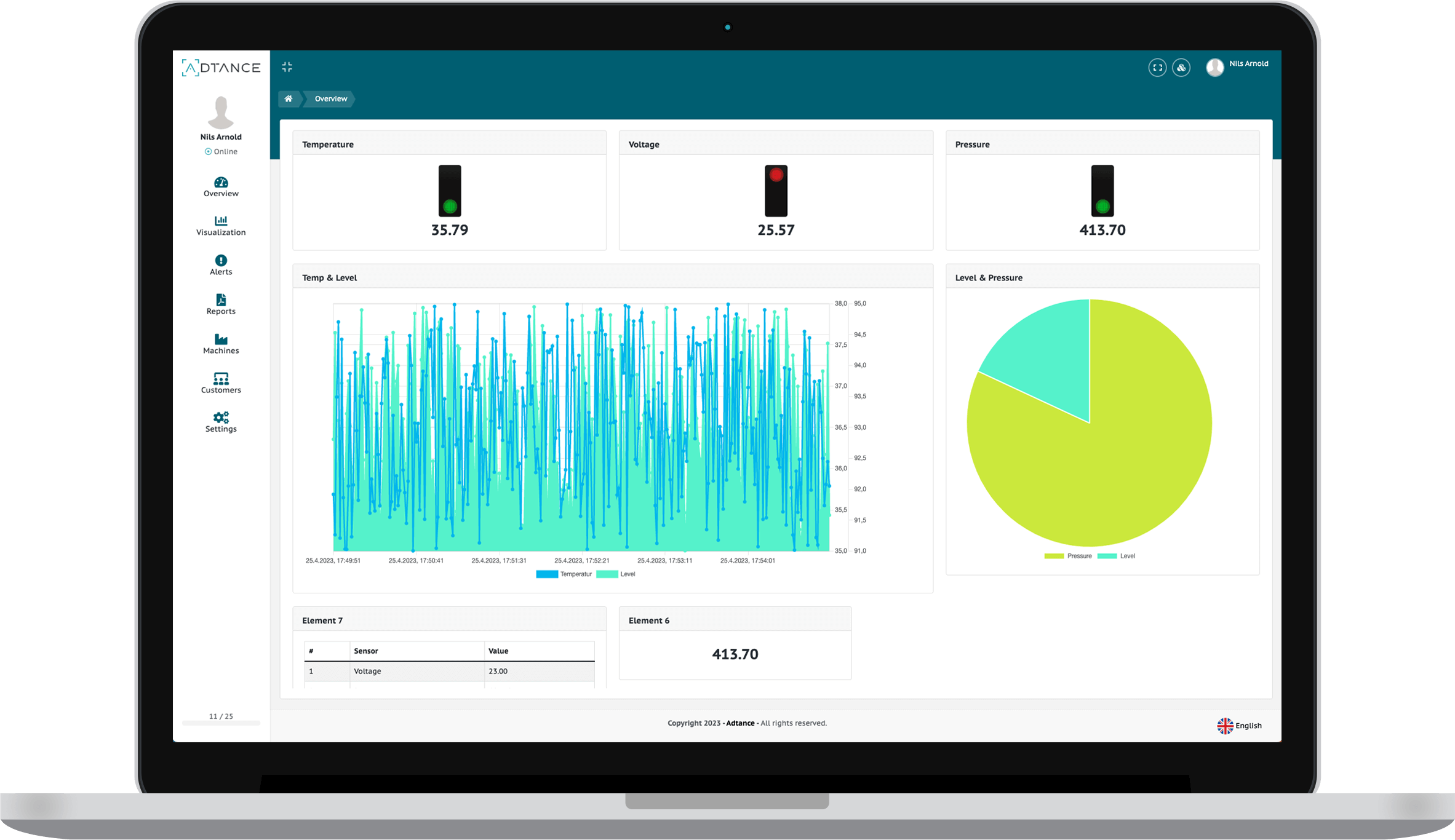Industry 4.0 refers to the fourth industrial revolution that is characterized by the integration of smart technology, automation, and data exchange. At its core, Industry 4.0 aims to create more efficient, intelligent, and connected industrial systems that can enhance productivity, reduce costs, and improve customer satisfaction. In this article, we will explore the impact of Industry 4.0 on customer service and after-sales support.
The Importance of Customer Service and After-Sales Support
Customer service and after-sales support are critical components of any business. In the industrial manufacturing sector, these functions are even more important because customers rely heavily on the quality and reliability of the products they purchase. Customer service and after-sales support help to ensure that customers are satisfied with their purchases, and can also help to build long-term customer relationships.
The Role of Industry 4.0 in Customer Service
Industry 4.0 has the potential to transform the way customer service is delivered in the industrial manufacturing sector. One of the key benefits of Industry 4.0 is the ability to collect and analyze large amounts of data in real-time. This data can be used to monitor the performance of industrial systems and identify potential issues before they become major problems. By leveraging this data, companies can proactively address customer service issues, reduce downtime, and improve overall customer satisfaction.
In addition, Industry 4.0 technologies such as artificial intelligence (AI) and machine learning can be used to automate certain customer service tasks. For example, chatbots can be used to provide basic customer support and answer frequently asked questions. This can help to reduce response times and improve the overall customer experience.
The Impact of Industry 4.0 on After-Sales Support
After-sales support is another area where Industry 4.0 can have a significant impact. Traditionally, after-sales support has been a reactive process, with companies only responding to customer issues when they arise. However, with Industry 4.0, companies can take a more proactive approach to after-sales support by leveraging real-time data to predict and prevent potential issues.
With Industry 4.0, customer service and after-sales support can also be revolutionized. Here are a few ways this can be achieved:
Predictive Maintenance
One of the most significant benefits of Industry 4.0 is predictive maintenance. IoT sensors can be integrated into machines to monitor their performance and detect potential issues before they become major problems. This allows for proactive maintenance, reducing downtime and increasing productivity. The ADTANCE predictive maintenance software can help businesses to predict maintenance requirements and schedule maintenance in advance.

Remote Assistance
Industry 4.0 also makes it easier to provide remote assistance. With the integration of AI and machine learning, technicians can diagnose problems remotely and provide solutions without having to be physically present. This reduces the need for travel and on-site visits, saving time and money. The ADTANCE remote assistance software can help businesses to provide remote support and troubleshooting to their customers.

Real-Time Data Analysis
Another benefit of Industry 4.0 is real-time data analysis. IoT sensors can collect data from machines and analyze it in real-time to detect patterns and potential issues. This allows for proactive decision-making and immediate action. The ADTANCE real-time data analysis software can help businesses to make data-driven decisions and take proactive steps to prevent issues.

The Challenges of Implementing Industry 4.0 in Customer Service and After-Sales Support
While the potential benefits of Industry 4.0 for customer service and after-sales support are significant, there are also some challenges to implementing these technologies. One of the biggest challenges is the need for companies to invest in new technology and infrastructure. This can be a significant upfront cost, and it may take some time to see a return on investment.
Another challenge is the need for companies to adapt their processes and workflows to take advantage of Industry 4.0 technologies. This may require significant changes to existing systems, and it may also require new training for employees.
Conclusion
In conclusion, Industry 4.0 has the potential to transform customer service and after-sales support in the industrial manufacturing sector. By leveraging real-time data, AI, and machine learning, companies can take a more proactive approach to customer service and after-sales support, which can lead to improved customer satisfaction, reduced costs, and increased revenue. While there are certainly challenges to implementing these technologies, the potential benefits make it a worthwhile investment for companies that are committed to staying ahead of the curve in the digital age.
Contact us or schedule an appointment for more insights on how we can help you optimize your customer service.